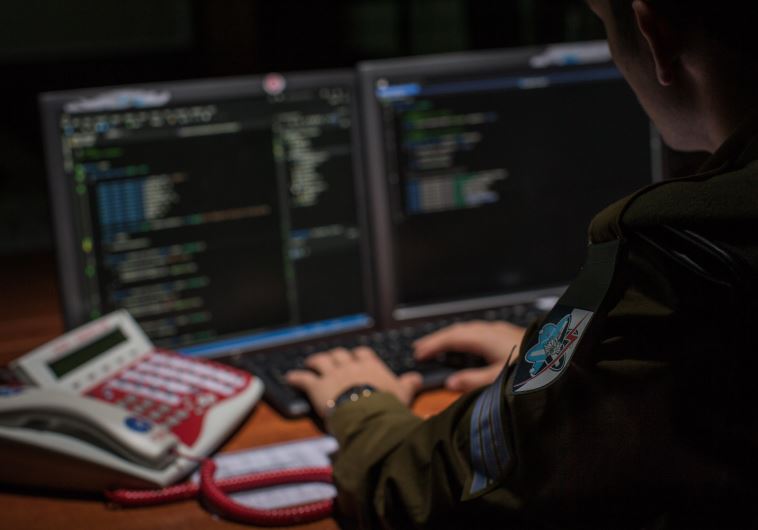US Deputy Homeland Security Secretary: US-Israel to sign automated cyber information sharing agreement
The new agreement will qualitatively take the speed of sharing to an entirely different level, said the deputy secretary.
 C4i Branch's Cyber Control Center(photo credit: IDF SPOKESMAN’S UNIT)Updated:
C4i Branch's Cyber Control Center(photo credit: IDF SPOKESMAN’S UNIT)Updated: